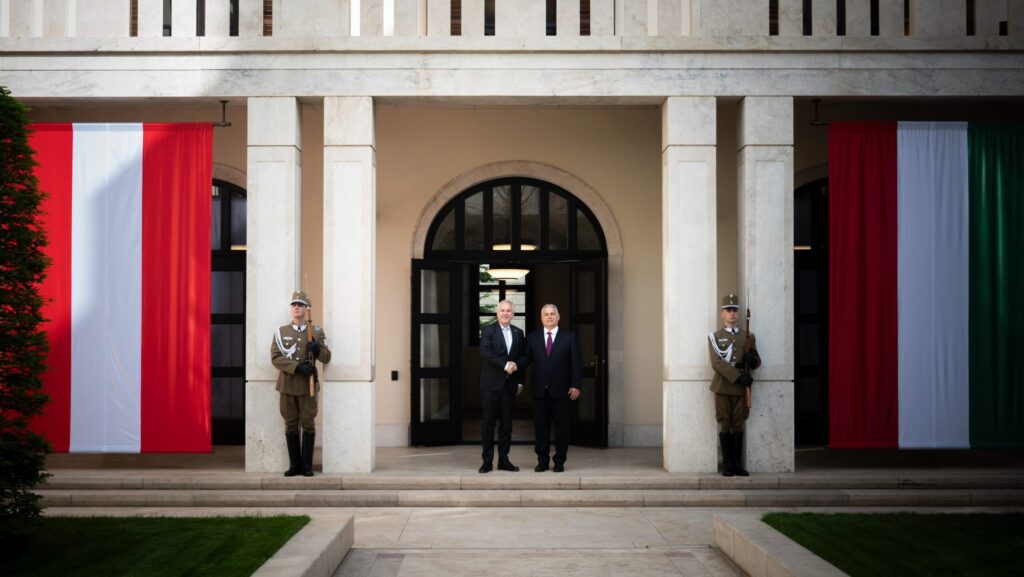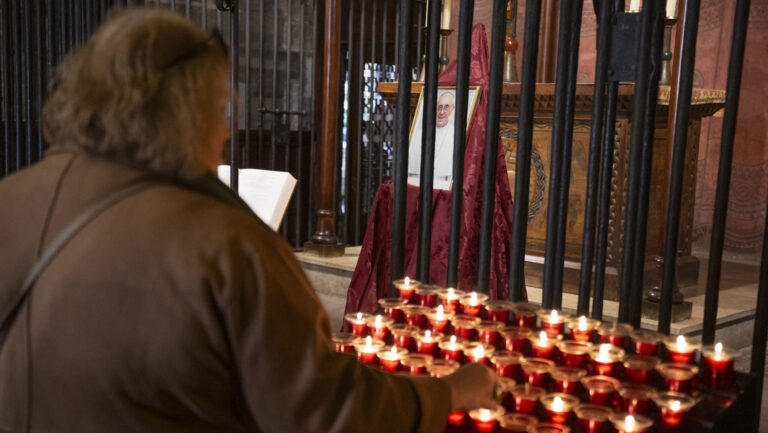It is no secret that legacy media outlets throughout the West are quick to judge Hungary as a nation of narrow-minded bigots, especially in relation to each new Hungarian policy directive they perceive as an attack against their preferred woke ideologies. While it is true that Hungarians showed strong support for the government’s anti-immigration and pro-family policies in recent years – and they continue to do so, the reason behind this is much more likely to be found in concerns for the well-being of the community and in the desire to preserve their distinct cultural identity than simply being a question of widespread xenophobia.
Now, a representative poll made by Mathias Corvinus Collegium’s (MCC) sociology workshop seems to have confirmed the suspicion. The study aimed to measure Hungarians’ openness toward individuals belonging to different cultural, political or socioeconomic backgrounds in comparison to people in four selected Western European countries, namely Germany, Italy, Britain and France. In each of the five countries, a sample of a thousand people (representative of age, gender, class and residence) has been surveyed to compile the results, which came out quite differently than some would have expected.
The study aimed to measure Hungarians’ openness toward individuals belonging to different cultural, political or socioeconomic backgrounds
To measure the willingness to interact with people they perceive as different, participants of the study were asked to answer the same question regarding four categories: do they have individuals belonging to different faiths, nationalities, economic classes or political views within their immediate social networks with whom they talk regularly? To present the results, the researchers measured the Hungarian answers to the average of the four Western European countries and a pattern immediately started to form. For instance, 75 per cent of Hungarians have at least one close friend with different political views compared to the only 71 per cent of the western average who told the same. On the question of religion, the divide was much more noticeable: Hungarians are more likely to regularly talk to people of different faiths (69 per cent) than westerners (56 per cent).
The greatest divide however was on the question of differing socio-economic backgrounds. Three-quarters of Hungarians regularly talk to people who are visibly poorer (74 per cent) or richer (75 per cent) than them, while these numbers among the Brits, Germans, French and Italians turned into 56 per cent and 67 per cent, respectively. On the other hand, the only question on which Hungarians scored lower than the western average was about having regular conversations with people of different nationalities: only 54 per cent of Hungarians answered positively, while Germany scored the highest with 67 per cent. However, this last result should not come as a surprise either, since Hungary a much more homogenous nation than the other four included in the study – Hungarians just don’t have as many chances to meet foreigners as their western counterparts.
‘The research shows that the image of an isolationist, narrow-minded Hungary presented by foreigners does not correspond to reality’
The authors concluded their press release by stating that ‘the research shows that the image of an isolationist, narrow-minded Hungary presented by foreigners does not correspond to reality. In fact, Hungarians are much more open-minded than the large European nations.’ Now, to be fair, while these findings are remarkable, four questions might not be enough to explore the issue in great depth; a further installment would be more than welcome to put the preliminary results into more perspective. Furthermore, it is also worth noting that these questions avoided directly measuring attitudes toward race and sexuality – two areas that would be needed to decisively debunk the West’s “racist and homophobic” Hungary myth. Nevertheless, these findings are still valid and are going to become more important by the day, as the conflict between the policy-makers of the East and West deepens.
And perhaps the most notable achievement of this study is that it reminds us that – contrary to what the western ideologues might want you to believe – diversity goes beyond the woke triad of race, gender and sexuality. Diversity is also about faith, class, politics and nationality; different sets of values, cultural identities and even socioeconomic circumstances that Hungarians seem to perceive as more natural than their western peers. The study showed that in places like Britain, Germany or France – the beacons of inclusivity and diversity – people are more likely to perceive these categories as boundaries between them and their fellow citizens, opting to interact strictly within their own groups.
Not long ago (before identity politics became a dominant force in Brussels), Hungary was widely known for its hospitality. Nothing actually changed since then, as confirmed by the study, and nothing will, except even more headlines trying to convince you about the inherent xenophobia of Hungarians and other nations in East-Central Europe. So, if you bump into one of them, do yourself a favour and come to see it for yourself. Goulash and wine are best served with newfound friendships.







